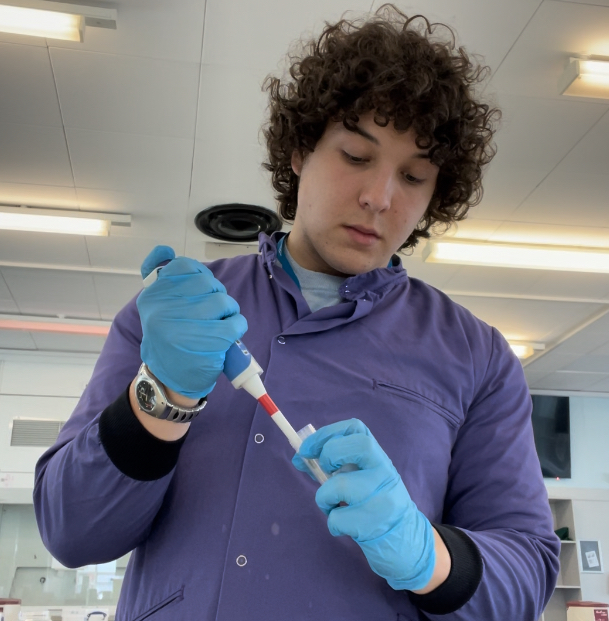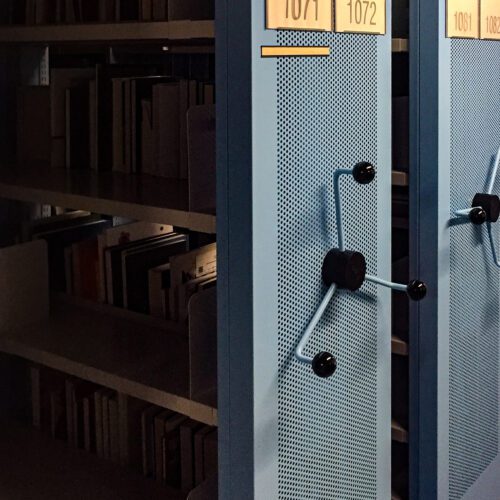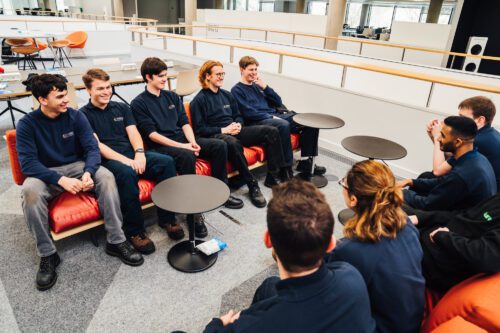I love how rewarding it is and the opportunities it gives me to interact with all sorts of interesting people. I used to struggle a bit with talking to people, but this job has really helped me develop those skills.
I get to chat with students and staff who are all passionate about similar subjects to me, which is brilliant. There's always something new to learn or discuss. I enjoy the variety too - one day I might be setting up cricket behavioural experiments, the next I could be preparing chemical solutions.
It's also really satisfying to know I'm playing a part in helping students learn and develop their skills. When I see them successfully complete a practical I've helped set up, it gives me a real sense of achievement.
The job keeps me on my toes too. There's a lot of problem-solving involved, whether it's figuring out how to demonstrate a particular concept or dealing with unexpected issues during a practical. It keeps things interesting and helps me grow my own skills and knowledge alongside the students.


